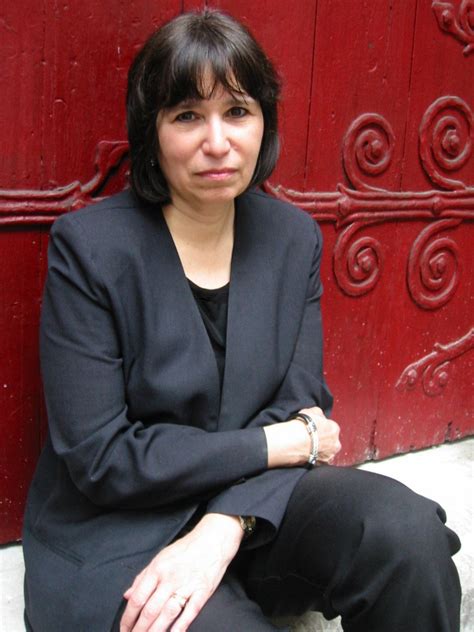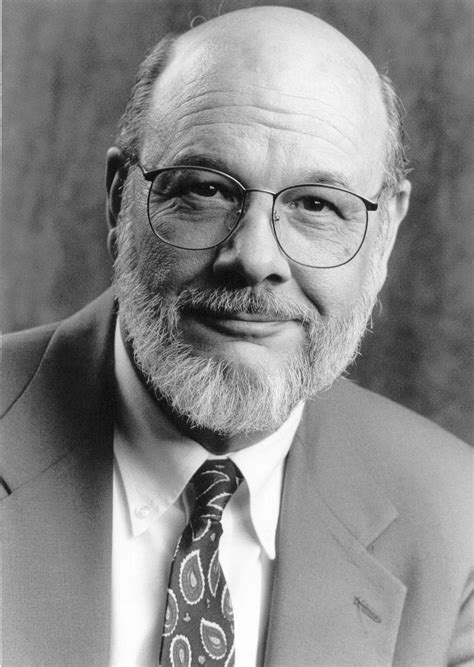A Quote by Eleanor Lerman
Memory, faith, and the natural world as both witness to the cycle of human life and healer to a questioning heart are at the core of this lovely and lyrical collection of poems. The weather changes, people come and go from cities and towns, babies are born, grow up and depart from their parents’ arms, but still, the countryside and its rituals sustain the people and creatures who know how to read the signs of the seasons. In these pages, Laura Grace Weldon shares those signs with us; her poems are the fruit of a wonderful harvest.
Quote Topics
Arms
Babies
Born
Both
Changes
Cities
Cities And Towns
Collection
Come
Come And Go
Core
Countryside
Creatures
Cycle
Depart
Faith
Fruit
Go
Grace
Grow
Grow Up
Harvest
Healer
Heart
Her
How
Human
Human Life
Know
Know How
Laura
Life
Lovely
Lyrical
Memory
Natural
Natural World
Pages
Parents
People
Poems
Questioning
Read
Rituals
Seasons
Shares
Signs
Still
Sustain
Those
Towns
Up
Us
Weather
Witness
Wonderful
World
Related Quotes
There is nothing “still” in the remarkably visceral poems of Alexander Long's third collection, Still Life, and nothing is at rest in these restless and edgy poems. Conversational and kinetic, these poems chart the traces left by the shifting overlays of the templates of literature, rock-and-roll, and contemporary culture. As each poem in Still Life attempts to fix a focus upon a scene or subject, the protean natures under view draw the poet into the eddies and complexities of reflection. This is a powerful and moving collection of poems.
I had fallen in love. What I mean is: I had begun to recognize, to isolate the signs of one of those from the others, in fact I waited for these signs I had begun to recognize, I sought them, responded to those signs I awaited with other signs I made myself, or rather it was I who aroused them, these signs from her, which I answered with other signs of my own . . .
Natalie Lyalin is writing some of the best poems in the world. There is an evil in her gorgeous poem-hearts. She must have sold her heart to the devil to write like this—so beautiful, so funny and so strange. Her images stack and stack down the page without spilling, each line such a bombshell you'll start reading backward to the first line. These poems are like babies—they will pop out of trees.
I believe faith is a human universal. We are endowed at birth with nascent capacities for faith. How these capacities are activated and grow depends to a large extent on how we are welcomed into the world and what kinds of environments we grow in. Faith is interactive and social; it requires community, language, ritual and nurture. Faith is also shaped by initiatives from beyond us and other people, initiatives of spirit or grace. How these latter initiatives are recognized and imaged, or unperceived and ignored, powerfully affects the shape of faith in our lives.
The signs that presage growth, so similar, it seems to me, to those in early adolescence: discontent, restlessness, doubt, despair, longing, are interpreted falsely as signs of decay. In youth one does not as often misinterpret the signs; one accepts them, quite rightly, as growing pains. One takes them seriously, listens to them, follows where they lead. ... But in the middle age, because of the false assumption that it is a period of decline, one interprets these life-signs, paradoxically, as signs of approaching death.
I do feel that now and I feel that this development of recording poems, of speaking poems at readings, of having records of poets, I think this is a wonderful thing. I'm very excited by it. In a sense, there's a return, isn't there, to the old role of the poet, which was to speak to a group of people, to come across.
I was walking every morning, and I'd take my iPod and paper and pen.?As I walked, I wrote a poem, and then I'd come home - and sometimes it's legible, sometimes not - I typed the poem up. So I have a new, yet to be published, collection of poems now. It's called Walker's Alphabet, and among other things, it is about walking. My most recent collection of poems in 2010, incidentally, was titled WALKING backwards.







































